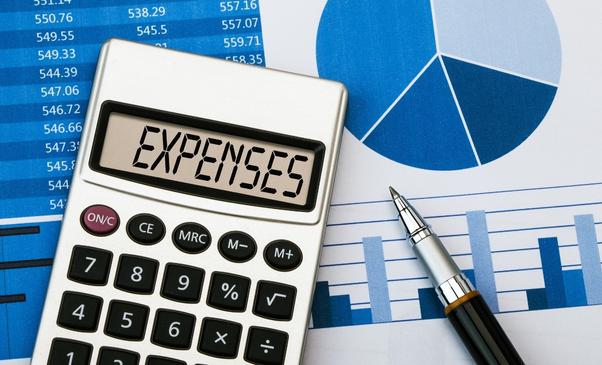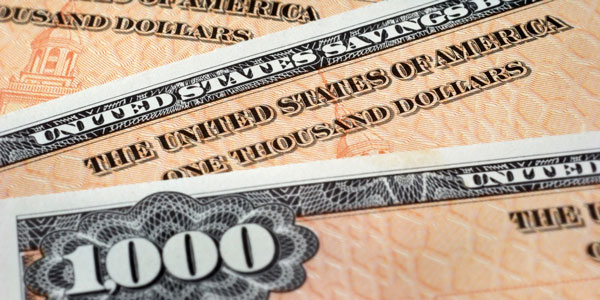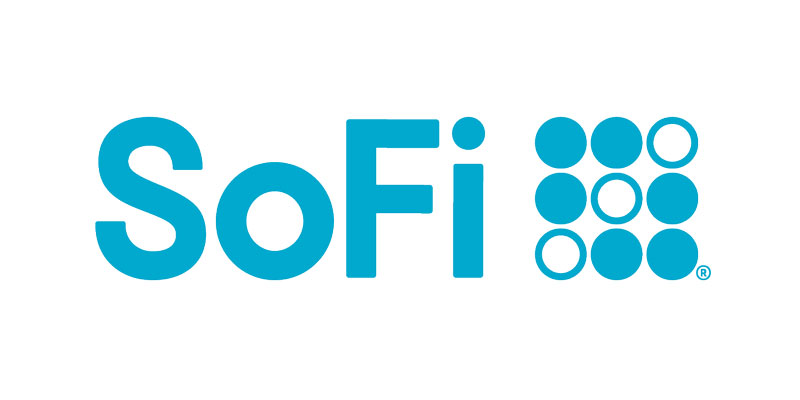Keeping to a spending plan might be difficult if you don't have a method to monitor your spending. It's possible, however, that you'll be able to keep to your budget and even see savings if you arm yourself with the correct resources and knowledge. Creating a budget should be your first order of business. To get started, you must first record all of your income and spending and classify them appropriately. Using a budgeting tool or a spreadsheet might make this process much simpler for you.After a budget has been established, it is necessary to keep track of day-to-day expenditures. This implies that you must record your purchases, no matter how small or large. A notepad and pen, an app, or an online tool might all be used to do this. You may improve your financial situation and save money if you can adhere to your budget and monitor your expenditures.

Why Should You Track Your Expenses?
Keeping track of your spending is essential if you want to stay within your set budget. It is essential to have an understanding of how and where your money is being spent in order to have greater control over your finances. This way, you may prioritise your expenditure after identifying the essential vs discretionary costs. Tracking your spending may seem pointless, but it will save you time and money.
Keeping a record of your expenditures may also be useful for identifying spending habits. Finding strategies to reduce your grocery bill is one approach to saving money if you've noticed you're spending a lot on them often.
Where to Track Your Expenses?
It's possible to monitor your spending in a number of various ways. Using a spreadsheet, which can be modified to meet your specific requirements, is the most popular option. Many accessible internet budgeting programmes may also help you keep tabs on your expenditures.The use of a notebook to record all of your purchases is another option. Doing so may assist you understand your spending. Keep to your budget and keep track of your expenditures often, no matter what approach you use.
How to Track Your Expenses?
It's time to put everything you've learned about keeping a budget into practice. The following recommendations may help to simplify and streamline the process:
- Make a budget with the aid of a mobile app. In today's digital age, you may easily create a budget using one of the many excellent and often free online resources.
- Always save your receipts. This may be the most time-consuming aspect of budgeting, but it's also the most crucial. Keep your receipts secure, regardless of how little you spend.
- Put together a blank budget sample. This will help you spend less than you earn each month.
Keeping track of your spending at the end of the month is the most effective method. At this point, you should have a very decent notion of how much cash you burned through last month. Also, this is an excellent time to assess your current spending habits and seek ways to save money.
How to Save Money on Your Monthly Expenses?
To help you save cash and lower your regular expenditures, we provide the following suggestions:
- Be mindful of your spending. Your spending habits may be better understood, as can potential avenues for cost reduction.
- To have greater financial control, you should create a budget and make it a priority to stick to it. Spending less than you have is one way to keep from going into debt.
- You should find less expensive options for the items and services you value. One way to save money is to make lifestyle changes, such as downgrading one's mobile phone plan or eating at home more often.
- Don't go broke trying to buy things you can't afford. If the Joneses are financially stable, there's no need to attempt to keep up with them.
- Try something new! Many people are unaware of the many simple methods they may use to cut costs without compromising their current way of life. Be open to fresh perspectives.
Ways to Cut Back on Unnecessary Spending:
One method to cut down on unnecessary spending is to have a tight budget. You can make better informed financial decisions if you track your spending. Numerous programmes and online resources exist to assist you in your venture.Creating and sticking to a budget is another strategy for reducing expenses and increasing savings. Establish a monthly budget that covers basic living expenses such as food, entertainment, transportation, and other essentials. Financial success is a long-term result of budget discipline.

How to Create a Budget?
Keeping a close eye on your finances is essential; now that you know that, let's talk about creating a budget that works for you. One of your top priorities should be keeping detailed records of all of your financial dealings. You ought to be giving this a lot of thought. You must monitor your spending habits for a whole month.To keep track of your finances, you must know where your money is going. Stop spending money on unnecessary items and look for methods to save costs. A budgeting application or an online tool might be helpful if you struggle to stay within your budget.
Conclusion:
The first step toward successful budgeting is keeping a tight watch on every expenditure. So, how can one achieve such great success? One's preferred method of tracking expenditures will vary according to individual choice and financial constraints. The tools you use might be as simple as a notebook, as complex as an app on your smartphone, or as comprehensive as a website.Your ability to account for every single dollar should be your top priority. Large and small expenses, such as those incurred daily to purchase food and beverages, are included here. The first step in achieving your financial objectives is creating a detailed budget detailing your income and outgoings. If you are ready to put in some extra effort, you may succeed at sticking to a budget and boosting your financial standing.




